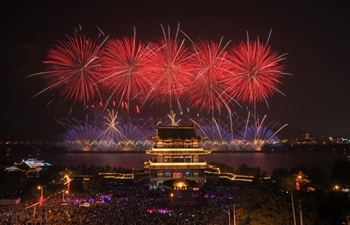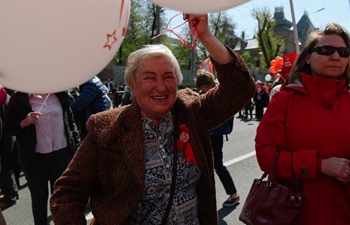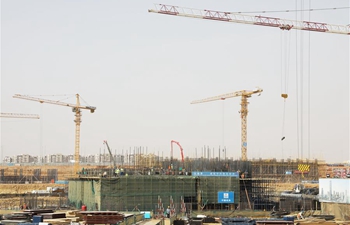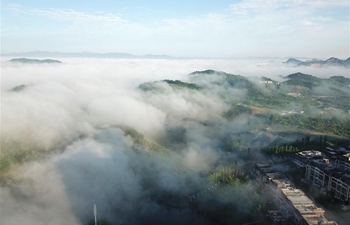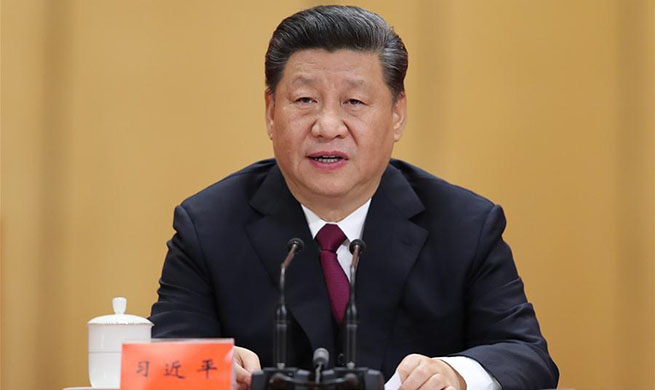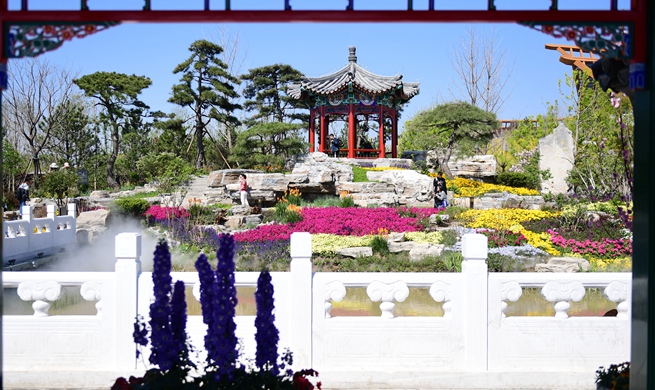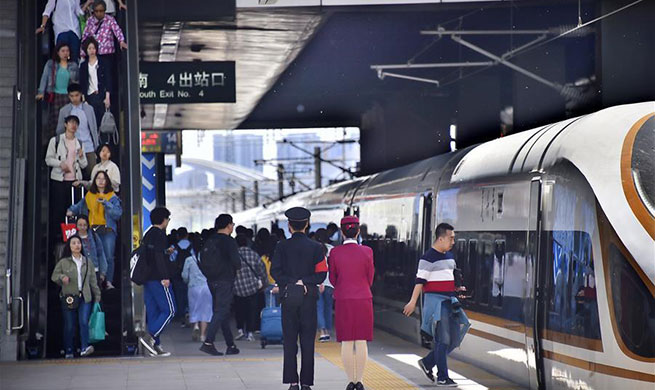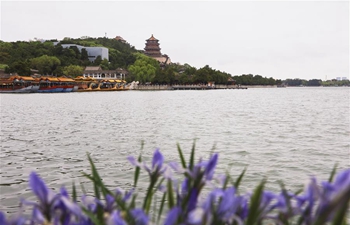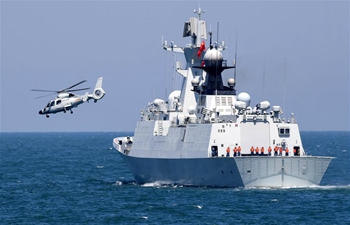JUBA, May 2 (Xinhua) -- South Sudan on Thursday maintained its position of forming a transitional unity government (TGoNU) on May 12 as warring parties meet in Ethiopia to review the implementation of a peace deal signed last September.
Ateny Wek Ateny, president Salva Kiir's spokesman, told Xinhua in Juba that the government's position remains the same on forming the TGoNU in accordance with the peace agreement mediated by regional body Inter-Governmental Authority on Development (IGAD).
"Our position is that the (unity) government should be formed on May 12, because any extension or provision not agreed upon is violation of the peace agreement," Ateny said.
He said President Kiir, a key signatory to the peace deal signed in September 2018 together with rebel leader Riek Machar, will not be present at the meeting in Addis Ababa.
Instead a high-level delegation led by the information minister will attend the gathering.
The main rebel group, the Sudan People's Liberation Movement/Army (SPLM/A-IO) led by Machar, wants a six-month extension of the pre-transitional period, citing delays in security arrangements, unification of forces and determination of number of states and boundaries before TGoNU can be formed.
Puok Both Baluang, the SPLM/A-IO deputy director of information and public relations, confirmed that Machar will attend the meeting, adding that their demand for extension of the pre-transitional period is genuine.
"Machar left yesterday for Addis Ababa," Baluang said over the phone from Khartoum.
"We want an extension. Our reasons remain the same because the situation on ground shows that less than half of the matrix in the peace agreement has been implemented," he said.
South Sudan descended into conflict in December 2013, killing tens of thousands and displacing about 4 million others.
An earlier peace agreement, signed in 2015, collapsed after clashes erupted in July 2016 in Juba, forcing rebel leader Machar to flee the capital.
Delays in implementing the crucial outstanding issues in the latest peace deal have caused fresh fears that the parties may again return to conflict.
